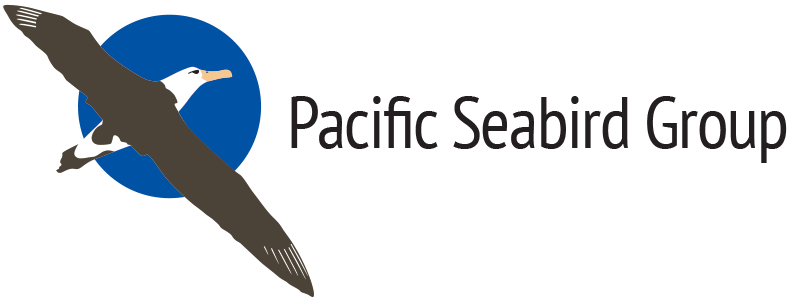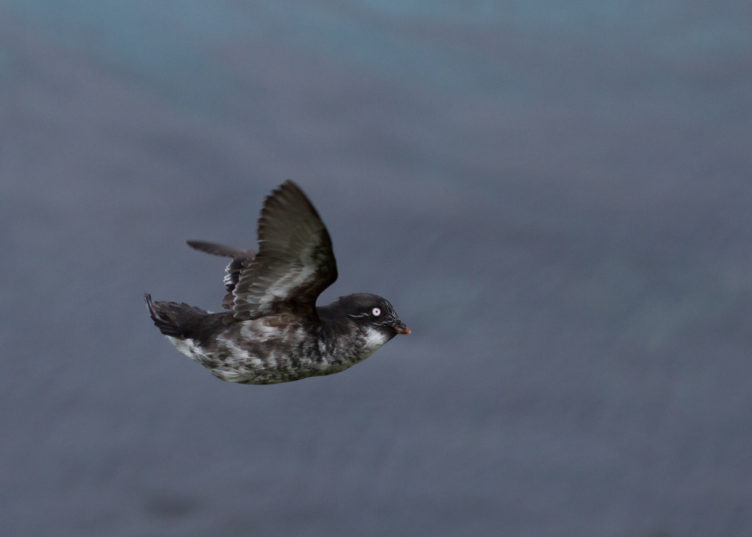PhD Position: Seabirds, Forage Fish, and Novel Research Technologies
The Department of Aquatic Resources at the Swedish University of Agricultural Sciences (SLU) is looking to recruit a PhD candidate to work with seabirds and forage fish.
Project description:
Seabirds are top-predators in marine ecosystems that often feed on forage fish, and thereby compete with industrial fisheries. Ecosystem-based management requires that top-predators’ prey requirements are accounted for, but there are today no generally accepted guidelines for how much and where prey needs to be available to suffice for the conservation of seabirds. This project aims at using novel research technologies to link seabird foraging ecology with the abundance and distribution of forage fish, in order to answer the following questions: (1) How much forage fish does seabirds need during the breeding season?, (2) How does spatial and depth distribution of forage fish affect the phenology and breeding success of seabirds?, and (3) How does different locomotion traits (flying and diving capability) between species affect forage fish requirements?
The project is part of a larger project at the Swedish University of Agricultural Sciences together with Stockholm University and WWF Sweden on managing ecosystem trade-offs using novel technologies. Field work on seabirds will be performed by the candidate on the island of Stora Karlsö in the Baltic Sea, primarily on common guillemots (Uria aalge) and razorbills (Alca torda). Observation studies, including surveillance camera monitoring, and biotelemetry will be used to track seabirds’ behavior in the colony and on their foraging grounds. Forage fish will be studied using a sailing drone, equipped with an echosounder. Previously collected data on seabird and forage fish will be available to the candidate within the project.
Qualifications:
Required qualifications
- Either an MSc degree (or equivalent) in Biology / Ecology / Environmental Sciences with skills in quantitative analyses, or an MSc degree (or equivalent) in Statistics / Mathematics / Engineering with documented experience in biology.
- Good communication skills in spoken and written English (upper secondary school grades equivalent to English B/English 6).
Preferred qualifications
- Experience in seabird field work
- Skills in hydro-acoustic (echo-sounder) data analysis
- Knowledge and experience of research technologies, e.g. camera surveillance, biotelemetry, drones and transponders.
More information available here. Application deadline: November 1st, 2020.






